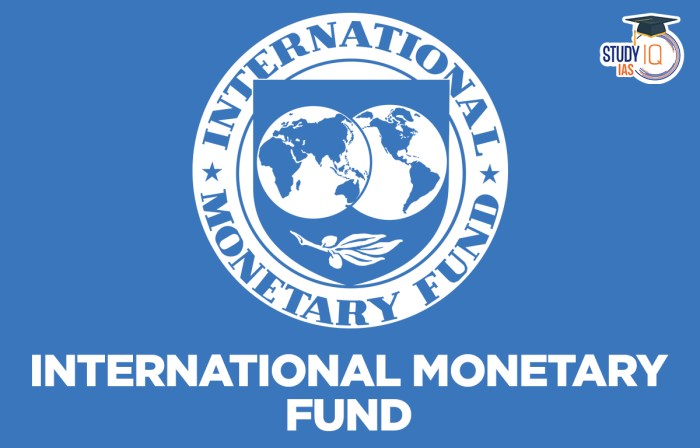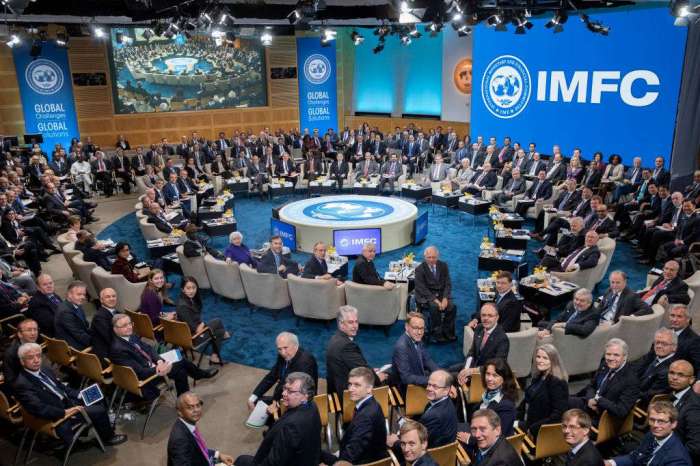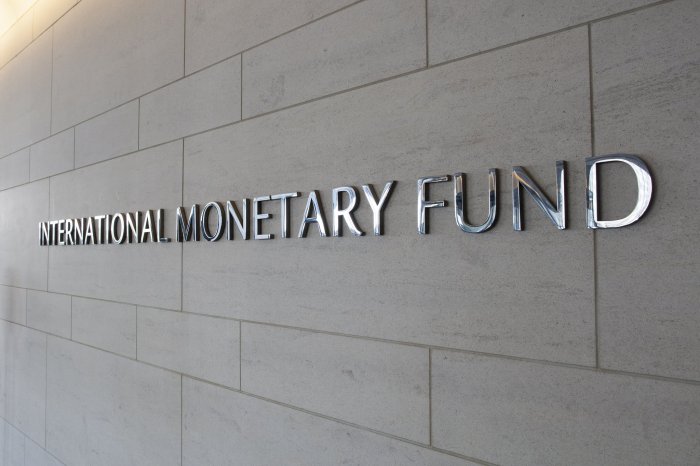International monetary fund ap human geography – At the heart of global economic governance, the International Monetary Fund (IMF) stands as a pivotal institution. This comprehensive guide delves into the IMF’s multifaceted role in shaping the international monetary system, fostering economic development, and navigating global financial crises.
Through an in-depth analysis, we unravel the IMF’s policies, impact, and ongoing evolution in the dynamic landscape of global finance.
Established in the aftermath of World War II, the IMF’s mission has been to promote international monetary cooperation, facilitate global trade, and foster economic stability. As the world’s central monetary institution, the IMF plays a crucial role in providing financial assistance to countries facing economic challenges, promoting sound macroeconomic policies, and safeguarding the stability of the international financial system.
Overview of the International Monetary Fund (IMF)

The International Monetary Fund (IMF) is a multilateral organization established in 1944 to promote global economic stability and growth. Its primary role is to provide financial assistance to member countries facing economic difficulties and to promote policies that foster economic stability and sustainable growth.
The IMF’s membership comprises 190 countries, each with a quota that determines its voting power and access to IMF resources. The IMF’s governance structure includes a Board of Governors, an Executive Board, and a Managing Director.
IMF’s Role in the Global Financial System, International monetary fund ap human geography
The IMF plays a crucial role in the global financial system by:
- Monitoring and assessing global economic conditions and providing early warning of potential risks.
- Providing financial assistance to member countries facing balance of payments difficulties.
- Promoting sound economic policies and institutional reforms to foster economic stability and growth.
- Supporting international cooperation and coordination on economic issues.
Frequently Asked Questions: International Monetary Fund Ap Human Geography
What are the primary objectives of the IMF?
The IMF’s primary objectives are to promote international monetary cooperation, facilitate global trade, foster economic stability, and provide financial assistance to countries facing economic challenges.
How does the IMF provide financial assistance to countries?
The IMF provides financial assistance to countries through lending programs that are tailored to their specific economic needs. These programs typically come with conditions that aim to promote sound macroeconomic policies and ensure that the funds are used effectively.
What role does the IMF play in responding to global financial crises?
The IMF plays a critical role in responding to global financial crises by providing financial assistance to affected countries, helping them to stabilize their economies, and implementing reforms to prevent future crises.
How does the IMF address inequality?
The IMF recognizes that inequality can hinder economic growth and stability. It incorporates policies and programs that aim to promote inclusive growth and reduce income disparities.
What is the IMF’s stance on climate change?
The IMF recognizes climate change as a systemic risk to the global economy. It provides recommendations for mitigating climate-related financial risks and supports climate-resilient economic growth.

